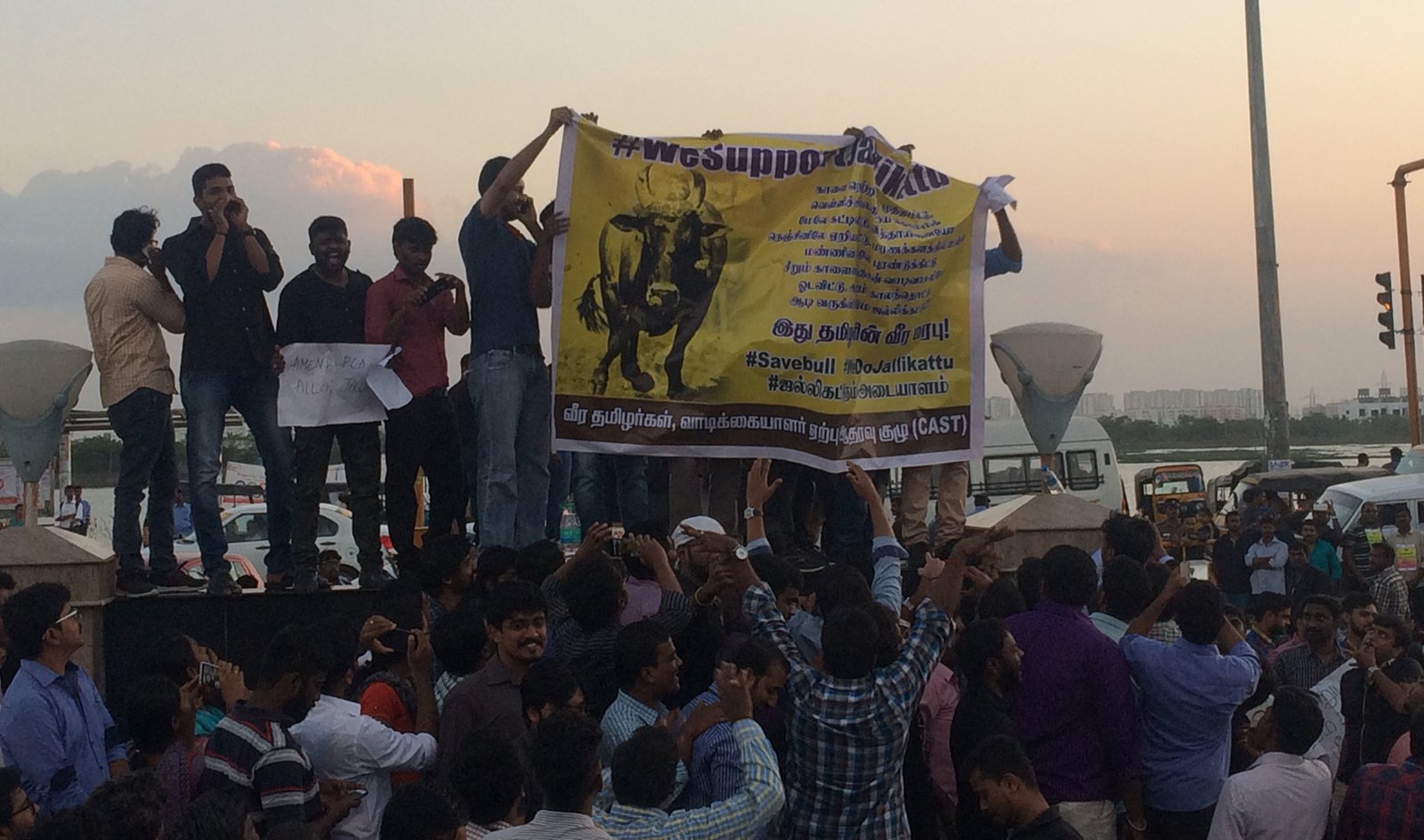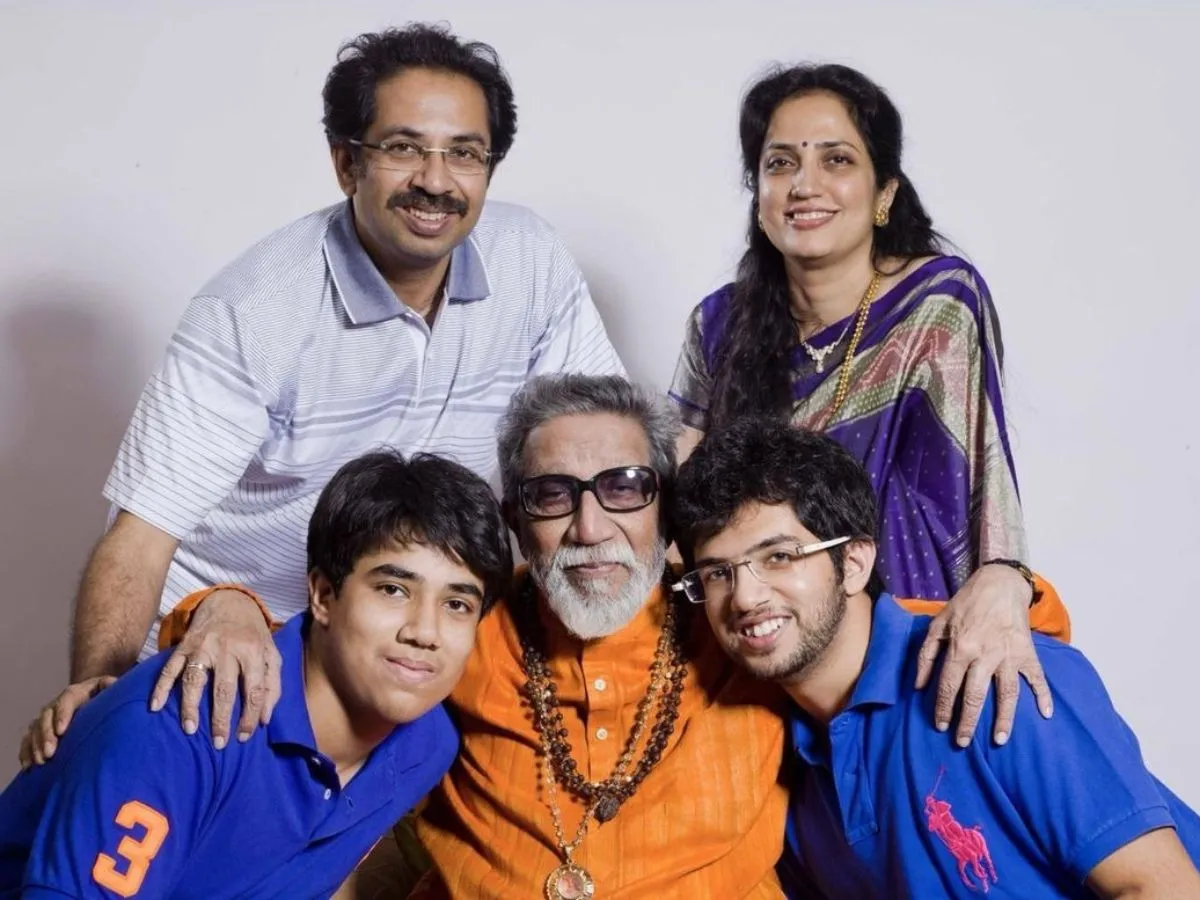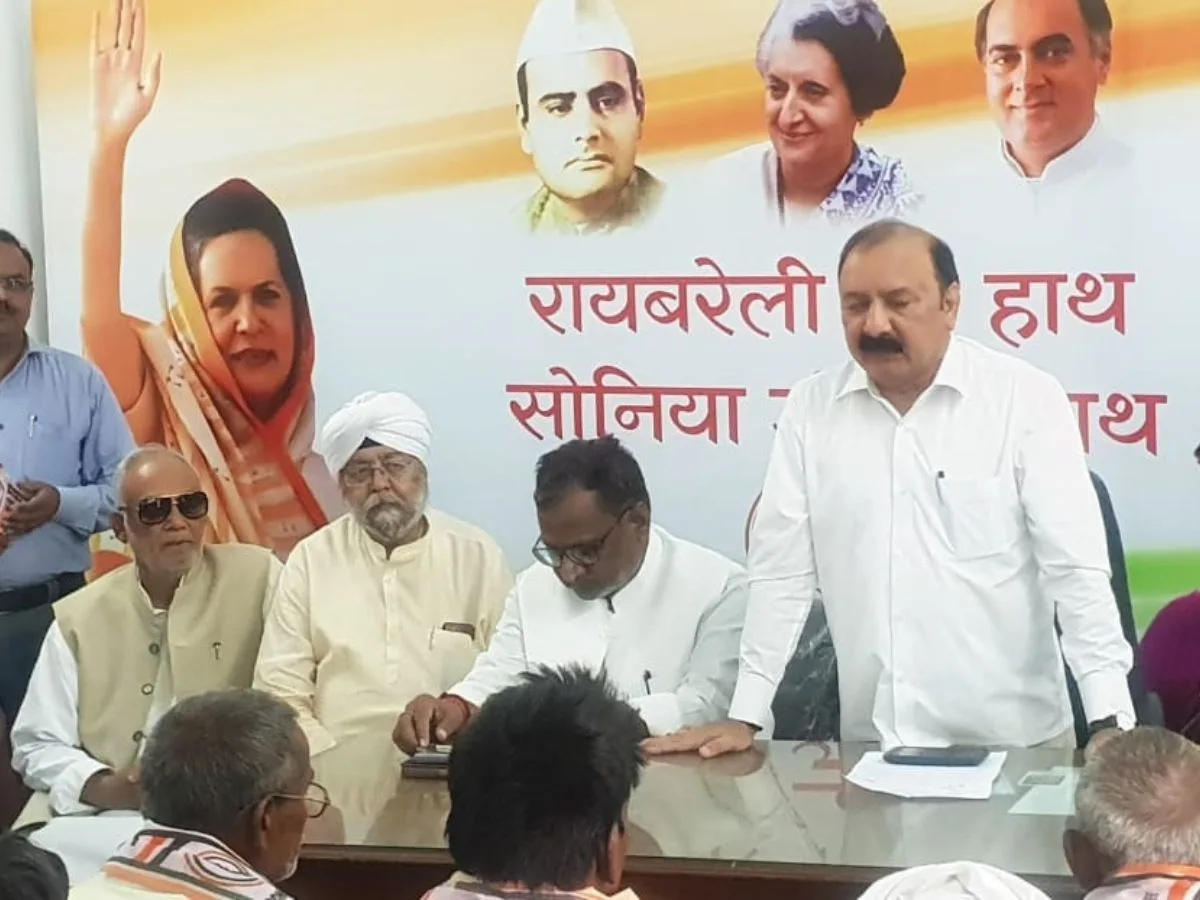Read in : தமிழ்
Starting from the January 2017 jallikattu protests, Tamil Nadu has been on the boil. There is an overwhelming feeling that the entire country — Parliament, central government, Supreme Court, and the north Indian media — has ganged up against Tamil Nadu.
Jallikattu went to the wires. The Supreme Court had ruled against it repeatedly. The north Indian media found it a gruesome event. But the popular support in Tamil Nadu for the right to conduct the event was tremendous. A large number of protestors, running into lakhs, took to the Marina beach. Supported by the state government, corporates and general public, these protestors showed their anger at the central government and the Supreme Court, as well as PETA, the animal rights forum which was the prime mover behind the ban on this sport. It took a lot of manoeuvering to solve the jallikattu problem, albeit temporarily. The state government passed a quickly drafted bill in the state assembly, and it was immediately signed by the President of India. PETA has however challenged this bill and the Supreme Court will have to intervene again at some point in time.
What is however more important is that a sizeable group of protestors were clearly for Tamil Nadu to break away from the union. They saw in this protest seeds of discontentment against an insensitive ‘federation’, which is gradually eating into the rights of a state, deciding what Tamils should or should not do while sitting in Delhi.
The common entrance exam for medical education called NEET became the next big issue. The Supreme Court had ruled in 2016 that there should be a common entrance exam for all the medical colleges across the country. They had earlier, in 2013, declared that such an examination was unconstitutional, but had changed their mind in 2016 and recalled their earlier order. Tamil Nadu got an exemption in 2016, but the exam was approaching in 2017. Over the last decade Tamil Nadu had done away with all forms of competitive entrance examination for admission to its professional colleges, claiming that the entrance exams were against social justice and affected the prospects of rural students and social disadvantaged castes. Thus, NEET was presented as anti-social justice.
Many in Tamil Nadu wanted jallikattu-like protests in Marina, but the state government had gotten wiser and refused any assembly at the Marina. There were statewide protests to waive NEET to the Tamil Nadu students. The state government was compelled to pass a bill like the one for jallikattu, which it did. But unlike the jallikattu bill, which was quickly signed by the President, this NEET bill has not been signed to this date. This is seen as a betrayal by the social justice proponents of Tamil Nadu.
But unlike the jallikattu bill, which was quickly signed by the President, this NEET bill has not been signed to this date. This is seen as a betrayal by the social justice proponents of Tamil Nadu.
The central government may be of the opinion that the Tamil Nadu bill on exempting its students from NEET may not stand judicial scrutiny and will be struck down by the Supreme Court, but that has not stopped the Tamil nationalists from seizing the initiative.
To add fuel to the fire, state high court struck down an order of the state government reserving 85% of the medical seats to the state education board students. Anitha, a dalit state board student who couldn’t clear the NEET committed suicide. The entire state erupted in protests. CBSE which conducted the NEET exam had created different question papers for the languages which caused a lot of concern amongst the students.
In 2018 too, CBSE made a mess, by underestimating the number of students who will write the exam from Tamil Nadu and had to allocate centres outside the state for some of them. Tamil media whipped up sentiments and many television channels ran live coverage from the day before the exam highlighting the hardships faced by the students and their parents. At least two parents died of heart attack and this was played up as well. The excessive strictness shown by the CBSE was highlighted. Errors in the Tamil translation of the questions papers have been highlighted.
Though more students have taken the exam in 2018, the overwhelming feeling in the state is that NEET is against social justice and federalism and has been rammed down the throats of the Tamils much against their wishes by the central government and the Supreme Court, the same villains as before.
Cauvery river water sharing issue has been going on for decades, but now it is presented in simple and stark terms. Despite the final verdict from the Supreme Court, the central government has dithered on its duty to implement a Cauvery Management Authority to implement the water sharing. It has delayed even presenting a scheme to the Supreme Court, unmindful of contempt of court proceedings, in order to allow BJP to gain an upper hand in the Karnataka election. Tamil nationalists and Tamil political parties are seething in anger. Even enemy nations get riparian rights; but not a state within the Indian Union. Therefore, Tamil Nadu will be better off as a separate country, where if the Rest of India does not provide Cauvery water, one can approach the UN. Now, it is confined to the Supreme Court of India which has been rather powerless in getting a fair share of water to Tamil Nadu. Nor is the central government, for its narrow political gains, interested in implementing a fair solution.
Jallikattu-NEET-Cauvery is the prism through which the Tamil nationalists are viewing Indian federalism.
Jallikattu-NEET-Cauvery is the prism through which the Tamil nationalists are viewing Indian federalism.To this matrix, quite a few other issues have been added. Forcing Kudangulam nuclear power plant onto Tamil Nadu and setting up a neutrino observatory in Theni, against the wishes of the local villagers and environmentalists, and the attempted destruction of the Cauvery basin agriculture by giving away hydrocarbon licences to multiple entities and planning to set up a petrochemical refinery in Nagappattinam district are seen as sinister plots by the central government and the ruling party BJP to completely destroy Tamil Nadu through a kind of scorched earth policy.
Though there have been nationwide protests against demonetisation and implementation of the Goods and Services Tax (GST), Tamil nationalists see them as something specially brought out to punish the Tamils.
Though there have been nationwide protests against demonetisation and implementation of the Goods and Services Tax (GST), Tamil nationalists see them as something specially brought out to punish the Tamils.The 15th Finance Commission’s attempts to use 2011 population data instead of 1971 data is a major sore point for all the southern states which had assiduously worked on family planning and had controlled their population significantly. This move will penalise the better performing southern states and will give a higher share of revenue to the northern states. Tamil nationalists have a rightful case here. The power to tax has been taken away from the states and the share of the tax revenue is now going to be also decided adversely. This is when the maximum per capita tax revenue comes from the southern and western states.
The simmering discontent is slowly rising up. If the central government and the national political parties continue to be insensitive, there will be an irretrievable snapping of ties. These views are not held only by the Tamil nationalist fringe groups. Even the mainstream political parties harbour similar sentiments. DMK openly talks about it. Being in power, and depending on the central government for its sustenance, AIADMK is careful in expressing its disapproval.
It is the responsibility of the central government and the Supreme Court of India to bring Tamilians back into the nationalist mainstream. It should start from preventing any further alienation.
Read in : தமிழ்











